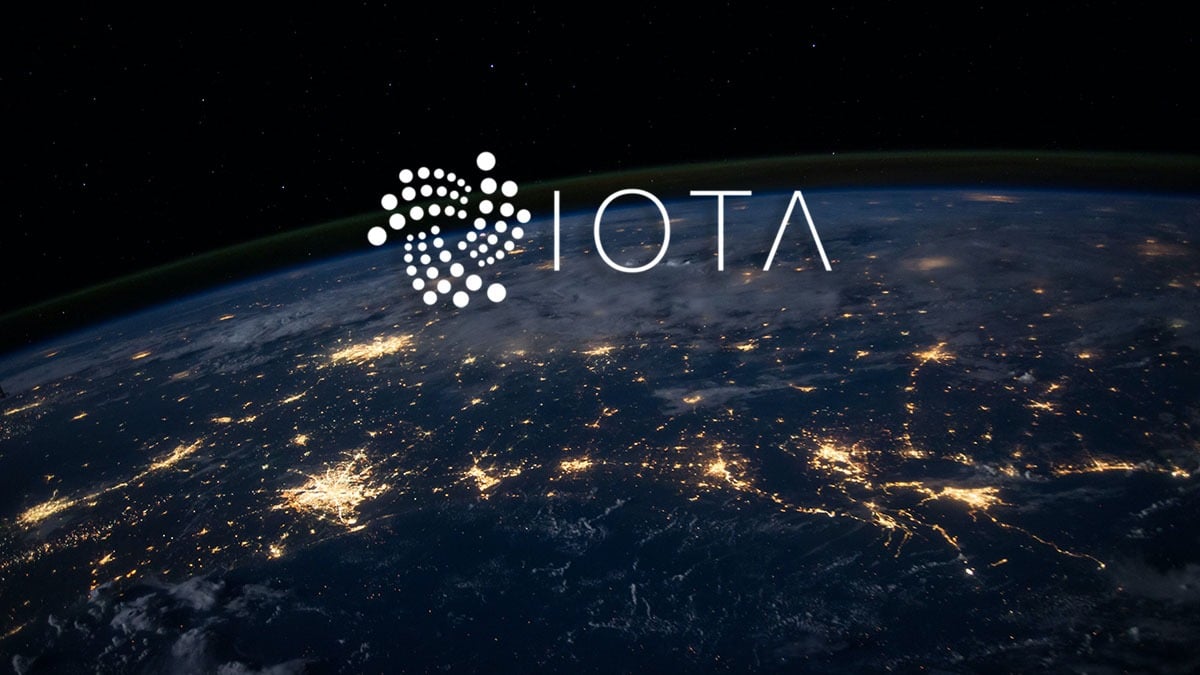- The MISSION project, funded by the EU’s Horizon Europe program with €7.5 million, aims to overhaul maritime logistics through advanced digital platforms.
- Leveraging TLIP and IOTA distributed ledger technology, the initiative promises significant reductions in greenhouse gas emissions and operational costs.
In an ambitious move to overhaul the fragmented landscape of maritime logistics, the Trade and Logistics Information Pipeline (TLIP) has been chosen to partake in a pioneering project, MISSION (MaritIme juSt in time optimiSatION). Orchestrated by the University of Southern Denmark, this initiative targets the core inefficiencies of the maritime sector, fueled by a fragmented information technology (IT) infrastructure.
With a substantial €7.5 million grant from the European Union’s Horizon Europe program, MISSION embarks on a three-and-a-half-year journey to craft an unparalleled digital communication and logistics platform. This venture not only aims at streamlining operations but also aligns with the EU’s grand vision of fostering research and innovation to combat climate change and promote sustainable development under the Horizon Europe program’s impressive €95.5 billion budget.
The maritime industry, a pivotal backbone of global trade, carrying over 80% of trade goods, is at a decisive crossroads. MISSION’s goal is to alleviate the sector’s challenges by significantly diminishing port traffic, slashing operational costs, and, importantly, curbing greenhouse gas emissions. This endeavor resonates deeply with the EU’s commitment to sustainable development, mirroring the United Nations’ objectives.
Innovative Solutions at the Helm
At the heart of MISSION’s strategy is the integration of the Trade and Logistics Information Pipeline (TLIP) with IOTA distributed ledger technology (DLT). This combination ensures the secure, auditable, and seamless sharing of data across the maritime logistics chain, enhancing interoperability with existing systems through sophisticated APIs and data standards.
TLIP’s ability to interoperate is vital for its assimilation into the European Blockchain Service Infrastructure (EBSI), propelling its data-sharing capabilities to new heights and establishing a new efficiency paradigm in maritime logistics.
A Voyage of Efficiency and Sustainability
The MISSION project ambitiously extends beyond the immediate objectives of emissions reduction and port operation optimization. It envisions a logistics platform that can synchronize shipping schedules, optimize planning, and coordinate port operations to potentially realize fuel savings of up to 23% for entire voyages.
Additionally, with an anticipated 20–30% improvement in navigational safety, MISSION aims for a comprehensive upliftment of the maritime transport sector. Future plans include the integration of AI-driven smart contracts with TLIP, promising enhanced responsiveness and real-time alerts for non-compliance and delays, further streamlining maritime logistics.




